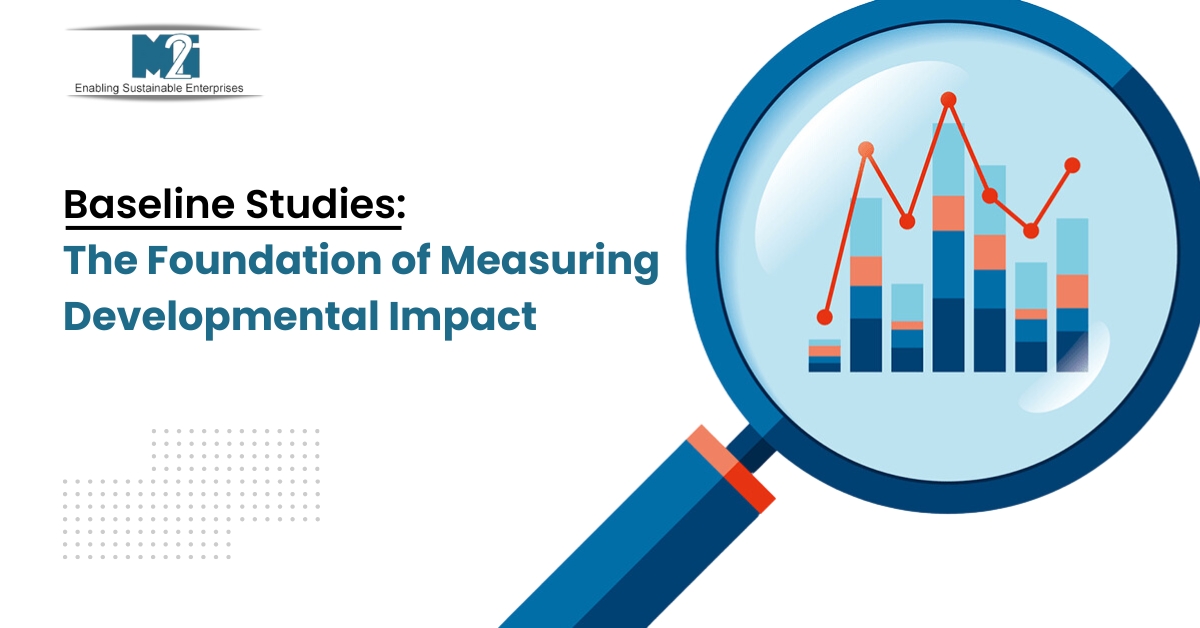
Baseline Studies: The Foundation of Measuring Developmental Impact
In the realm of developmental interventions, measuring impact is not just a matter of assessing end results. It's about understanding the journey from inception to completion and the changes that occur along the way. This is where baseline studies come in as a crucial first step. In this blog post, we'll explore the importance of baseline studies in the context of developmental projects and how they contribute to a more accurate and effective measurement of impact.
What are Baseline Studies?
Baseline studies involve collecting data at the beginning of a project to establish a starting point or 'baseline' against which future changes or impacts can be measured. This initial data collection covers various aspects of the project environment, including social, economic, and environmental factors.
The Role of Baseline Studies in Developmental Interventions
-
Establishing a Starting Point: Baseline studies provide a snapshot of the conditions before the intervention. This is crucial for understanding the context and magnitude of the challenges being addressed.
-
Setting Realistic Goals and Objectives: By understanding the initial conditions, project planners can set achievable and relevant goals. This ensures that the project's objectives are grounded in reality.
-
Facilitating Targeted Strategies: Baseline data helps in tailoring strategies that are specifically designed to address the identified needs and conditions of the target population or area.
-
Enabling Impact Assessment: Perhaps the most critical role of baseline studies is in the assessment of impact. By comparing baseline data with post-intervention data, it becomes possible to attribute changes directly to the intervention.
-
Identifying Unforeseen Variables: Baseline studies can uncover unexpected factors that might influence the outcome of the project, allowing for early adjustments in the project design.
Challenges in Conducting Baseline Studies
Conducting effective baseline studies is not without its challenges. These include ensuring data accuracy, dealing with logistical constraints, and sometimes facing resistance from local communities. Overcoming these challenges requires careful planning, community engagement, and the use of robust data collection methods.
Best Practices for Baseline Studies
-
Engage with Local Communities: Involving local communities in the baseline study process ensures the data is grounded in local realities and enhances community buy-in for the project.
-
Use Mixed Methods: Employing both qualitative and quantitative data collection methods can provide a more comprehensive view of the baseline conditions.
-
Ensure Objectivity: It's crucial that the data collected is unbiased and accurately represents the situation.
Baseline studies are more than just a procedural step in the implementation of developmental projects. They are the foundation upon which the success and impact of these interventions are built. By understanding the initial conditions thoroughly, we can not only measure the change more effectively but also steer the course of development interventions in a direction that is most beneficial for the target population. As we continue to evolve in our approach to development work, the importance of baseline studies remains a constant – a critical tool for impactful change.